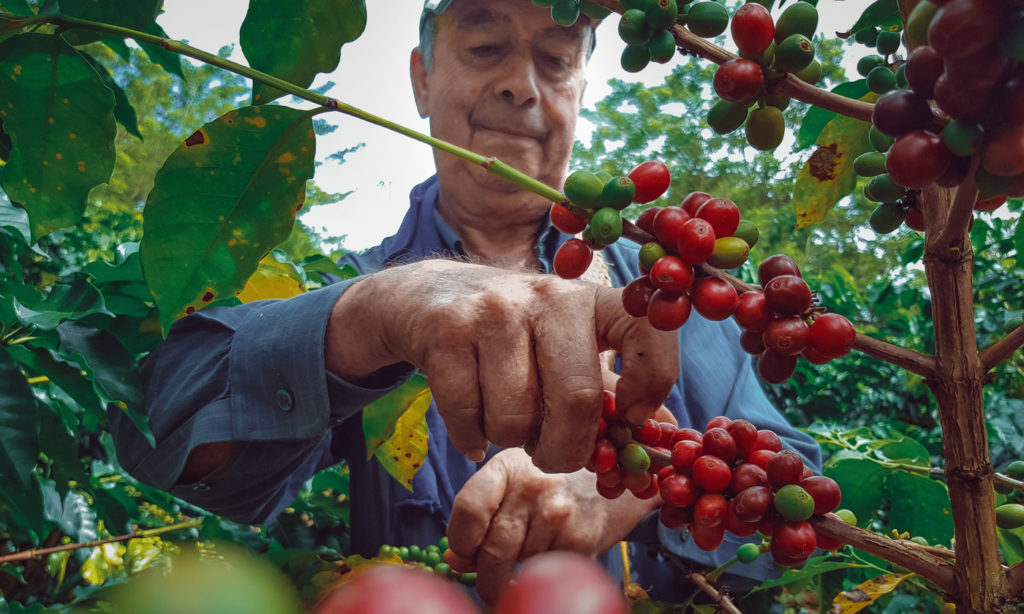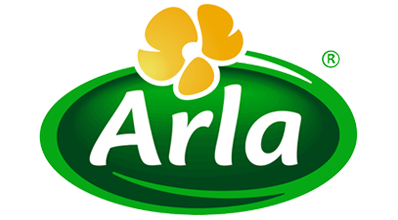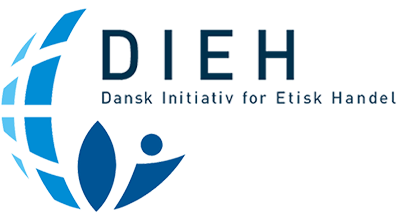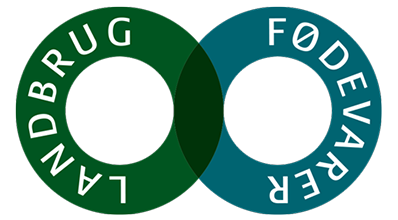Assess risks for people involved in your company’s activities

Create a risk overview
Map out all potential and actual negative impacts on human rights.
You must look at the entire value chain to get the full picture. Examine all activities of the company itself and your suppliers, and make sure you get all the way down to the first link in the value chain.
Your company can cause direct negative impacts on human rights through your own activities such as discrimination in recruitment. And you can be directly associated with negative impacts through harmful working conditions at a supplier, use of child labour in the harvesting of a crop, or in other ways.
Below you will find three important sources of information for when you need to assess the overall risks.
Ask the internet
You can find a lot of information online. Many publicly available resources can help you track down what risks might be in your particular value chain – many of them are well-known risks associated with specific countries, industries, production processes, products and supplier types.
One such resource is CSR Risk checker: A simple and user-friendly tool. Select a product, material, service and/or country of origin. A report is generated highlighting what to be aware of in relation to human rights with this particular product and country.
Use the resource list below as a guide to known problem areas and good sources of information.
In addition, the visualisation tool below can help you ask the right questions and get around the entire value chain.
Ask the suppliers
Here you will need to dig a little deeper and look specifically at your suppliers. Where are they geographically? Who are they and who are the owners? Are they subject to third party audits? Do they have certifications? What is their reputation?
Initiate an important dialogue with your suppliers. Especially those who are in an industry or country where you have found challenges or risks.
Ask your suppliers what human rights challenges they have identified. Ask them about the specifics you have found. Ask how they work to prevent and remedy adverse effects. A special supplier questionnaire can be a good tool for opening the dialogue. The supplier will provide views on a number of issues about local conditions and processes and can explain existing initiatives and the general approach to human rights. This is a good start.
Be aware that a full risk assessment with the supplier often requires close cooperation and patient dialogue. It is important to create an understanding with the supplier of why you are asking – and it is important for you to understand why they may not always tell the whole truth.
Ask stakeholders and experts
Involving different stakeholders is crucial. They can be Danish and local trades unions, NGOs, industry organisations or cooperation platforms such as the Danish Initiative for Ethical Trade, where you can receive feedback and information.
Identifying relevant stakeholders and experts depends on your business and product range, but you may find important pieces of the overall risk picture from third parties. They may provide insight into risk areas that you would not otherwise have identified and help you to zero in on how you can make a positive impact.
Local community organisations are aware of specific challenges in industries in their country. For example, if you have Indian trading partners, it may be relevant to speak to an expert or organisation that is aware of infringements related to the caste system. Other local stakeholders may be your own employees and workers in the supply chain. They can tell you directly about challenges they are experiencing. Whistleblower schemes and grievance mechanisms (see also step 6) may offer accounts that can be used to sharpen your focus.
Letz Sushi engages stakeholders by working with WWF and various certification schemes to obtain information on potential risks in the fishing industry. warfair receives information from the diaspora in Denmark about conflict-affected countries with which they trade. You can read about Letz Sushi and warfair.
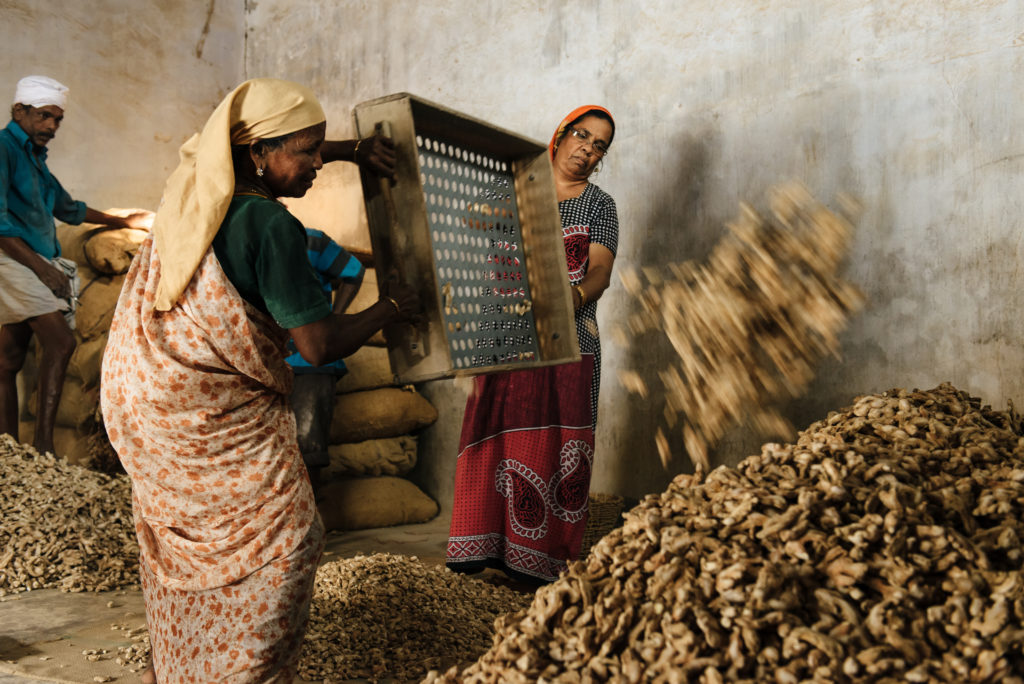
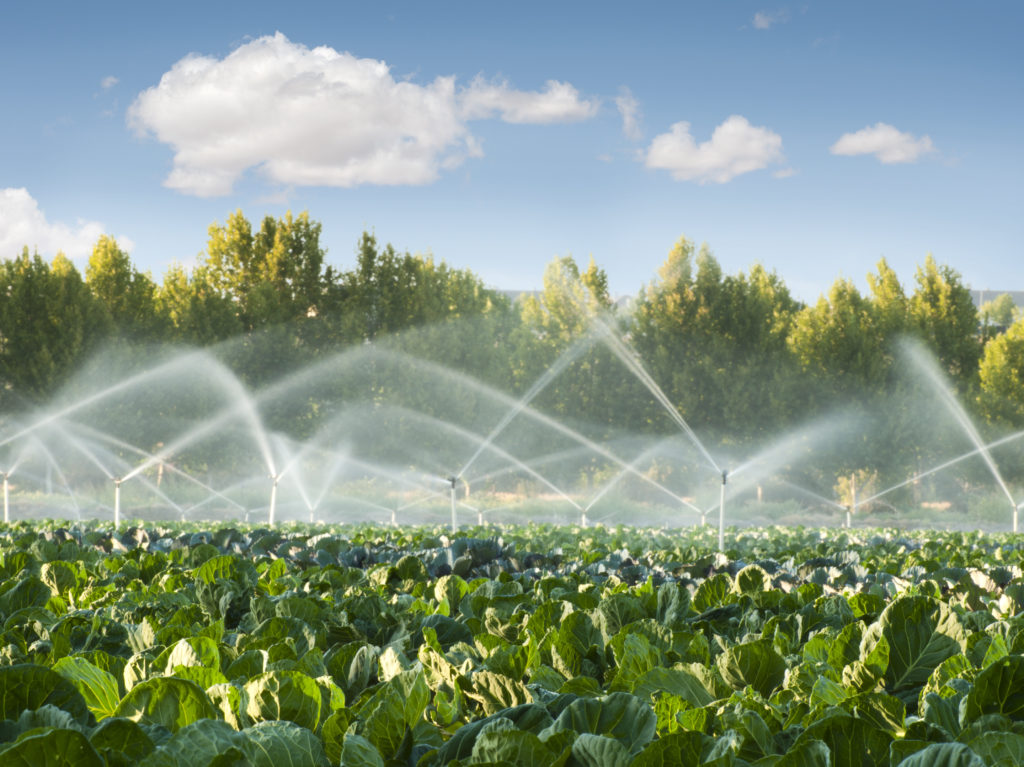
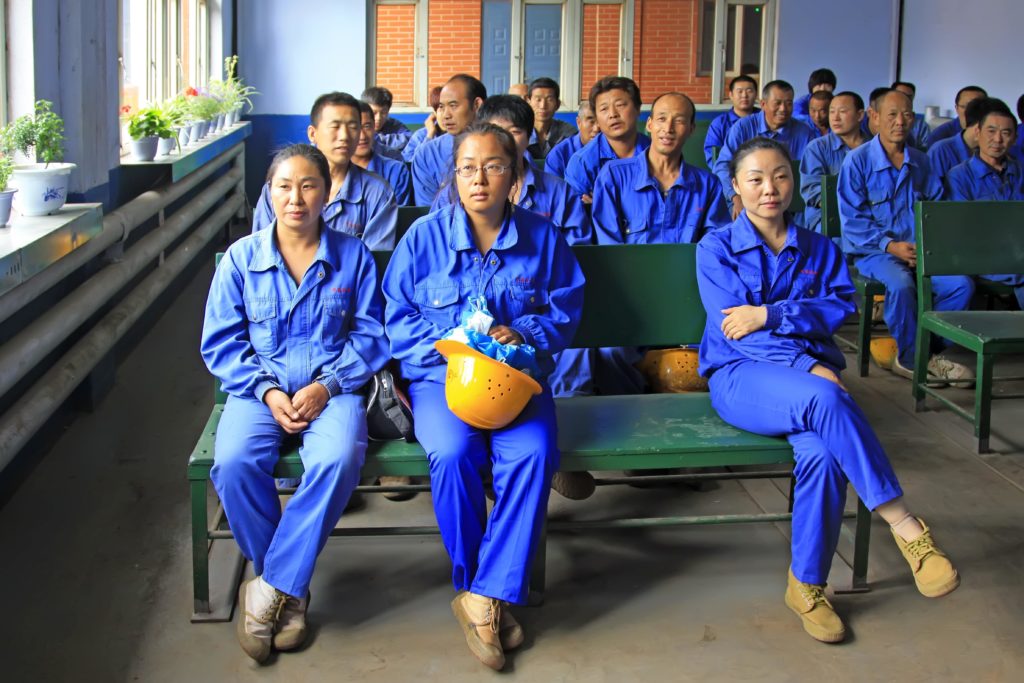

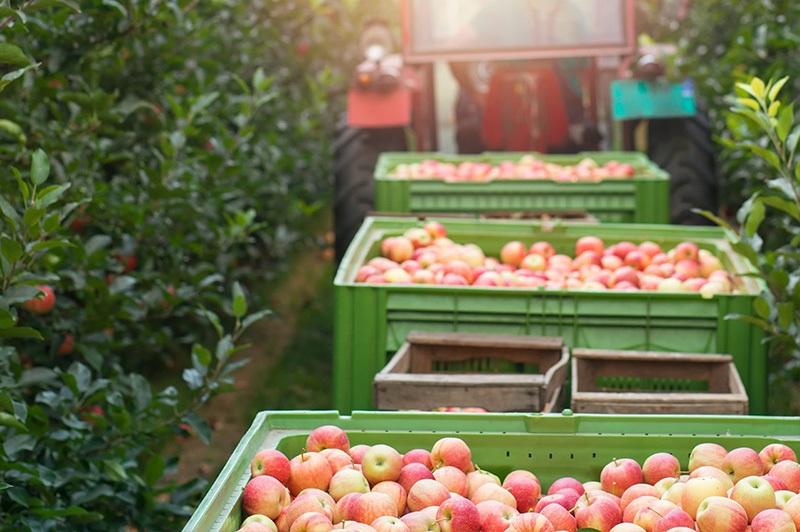
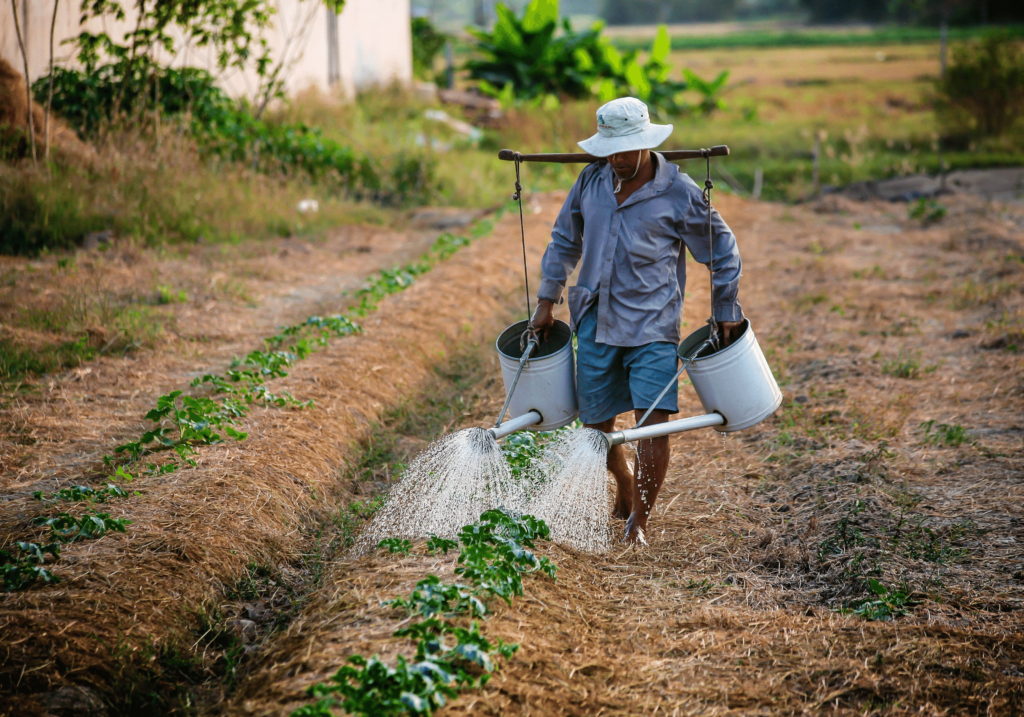
Tool guide
Resource list
Please note that these are general risk tools. Information obtained must be processed and developed to be relevant to your specific activities.
Select product, material, service and/or country of origin.
A report is then auto-generated, highlighting human rights issues to be aware of in relation to the chosen country and product.
A series of country-specific risk reports to which members of the Danish Initiative for Ethical Trade have access.
Overall human rights risks associated with specific foods.
A brief overview of the most common human rights risks in selected food segments.
The general risk overview for human rights changes all the time. Stay up to date on news and reports from the Business and Human Rights Resource Centre.
Global Compact Self Assessment Tool
The UN Global Compact Self-Assessment Tool is a good starting point for your risk assessment.
Visualisation tool – ask the right questions and map your value chain
Ask yourself these very specific questions for each link in the value chain, so you can more easily identify challenges related to products, raw materials, components, and services that you buy and sell.
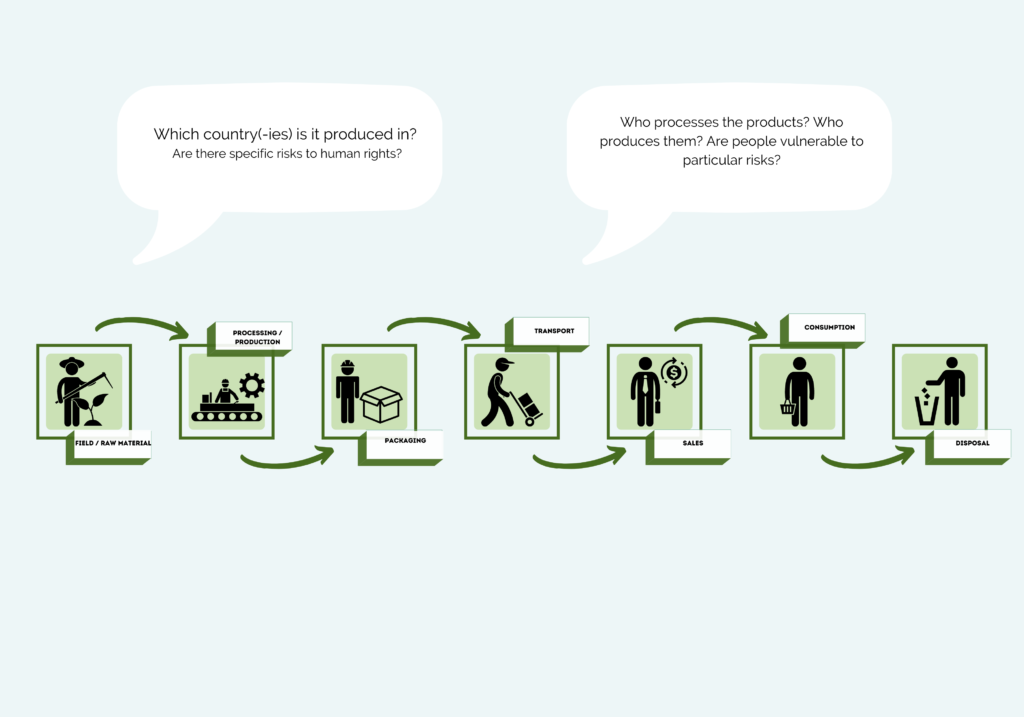
Risk overview for selected food segments
Fisheries and aquaculture
Goods and production areas:
Tiger prawns from Southeast Asia
Farmed salmon from South America
- Forced and slave labour
- Discrimination (e.g., women and minorities)
- Overfishing
- Corruption
- Workers’ rights (e.g. migrant workers)
- Child labour
Horticulture: Producers of fruit and vegetables
Goods and production countries:
Carrots from Scandinavia
Onions from North Africa
Fruit and vegetables from Southern Europe
- Work environment
- Discrimination (e.g., women and minorities)
- Corruption
- Workers’ rights (e.g., migrant workers)
- Accommodation (e.g., migrant workers)
- Collective bargaining for wages and working conditions
- Impact of agrochemicals on the local community
Imports of food and drink
Goods and production countries:
Tomatoes from Southern Europe
Spices from the Middle East
Dates from the Middle East
Tea from Asia
- Work environment
- Discrimination (e.g., women and minorities)
- Corruption
- Child labour
- Workers’ rights (e.g., migrant workers)
- Impact of agrochemicals on the local community
Agro-technology (agricultural machinery)
Goods and production countries:
Metal and steel imports from Asia
Rubber from Southeast Asia
- Work environment
- Discrimination (e.g., women and minorities)
- Corruption
- Child labour
- Workers’ rights (e.g., migrant workers)
- Government influence
Meat, eggs and dairy
Goods and production countries:
Milk production in Scandinavia
Chicken production in Eastern Europe
Beef imports from South America
Imports of soybeans from South America (for animal feed)
- Forced and slave labour
- Work environment
- Discrimination (e.g., women and minorities)
- Corruption
- Workers’ rights (e.g., migrant workers)
- Impact of agrochemicals on the local community
- Deforestation
Bakery, confectionery, enzymes, and ingredients
Goods and production countries:
Palm oil from South America and Asia
Vanilla from Madagascar
Sugar from Southeast Asia
Fruit from South America
- Forced and slave labour
- Work environment
- Discrimination (e.g., women and minorities)
- Corruption
- Workers’ rights (e.g., migrant workers)
- Impact of agrochemicals on the local community
Understand labour rights
In some countries – both inside and outside the EU – migrant and seasonal workers are widely employed in the agricultural and food cluster. These workers are often particularly vulnerable. Typically, they are on short-term contracts and cut off from the opportunity to ensure that their fundamental rights are respected in terms of wages, accommodation, and other issues. As a purchasing or producing company it is crucial for you to focus on these areas of concern.
It is therefore recommended that you and your company ascertain that workers are not deterred from organising themselves in trade unions. Working with relevant professional organisations can help to identify risks and uncover violations and help prevent negative impacts.
3 tips to avoid beginner’s mistakes in risk assessment
1) Be thorough and take your time
The more thorough you are in gathering information about your specific value chain, the sharper your risk assessment will be. Ask the internet, ask the suppliers, ask all conceivable stakeholders and experts to gain the most comprehensive knowledge possible. Thorough mapping of human rights risks can also be valuable for the company in other business areas.
2) Consider how your activities relate to human rights
It is crucial that you keep a critical eye on how your activities and those of your stakeholders relate to problems you identify. Example: It is not sufficient to identify a risk to the right of “freedom of expression”. You must also be completely clear about who is affected and how the risk factor is affected by your activities. If, say, you are working with a steel or packaging supplier in Asia, there may be a risk that the freedom of expression of the supplier’s employees will be violated because they are not entitled to certain political beliefs or religious freedom.
3) Listen, learn and build trust
Finding the right balance between trust and control over a supplier can be difficult. The best way forward is to start a dialogue about the challenges and jointly prepare a Code of Conduct, rather than just issuing demands. Be open and genuinely interested when asking suppliers about their situation and give them time to provide input and explain their views. Close cooperation with openness and trust always leads to better results.

Prioritise and choose
Once you have developed the big risk picture, you must prioritise and decide about areas to focus on as you move forward.
Case stories from small and medium-sized businesses in the food cluster
Special risks in the production of millstones in Ethiopia
Human rights due diligence in conflict-ridden areas
About this guide
This guide is aimed at small and medium-sized businesses in the food cluster, i.e., companies with between two and 250 employees working in agriculture and horticulture, fisheries, fish farming, agroindustry, food production and ingredients. Human rights due diligence is relevant whether you are in the B2C or B2B market, importing, exporting or have your own production in Denmark.
The purpose of the guide is to assist SMEs perform human rights due diligence, regardless of size and resources of the company. The guide provides inspiration for how to begin and how to strengthen your current processes.
The guide was prepared by the Danish Initiative for Ethical Trade, in collaboration with the Danish Agriculture & Food Council and Arla Foods, and co-sponsored by the Danish Business Authority. The guide may not be changed, reproduced or translated without prior written permission from the Danish Initiative for Ethical Trade. If used in a teaching context, it must be with a clear acknowledgement of the partners behind the development of the guide, crediting them clearly, including use of relevant logos.

